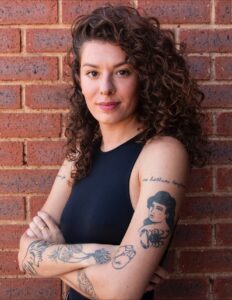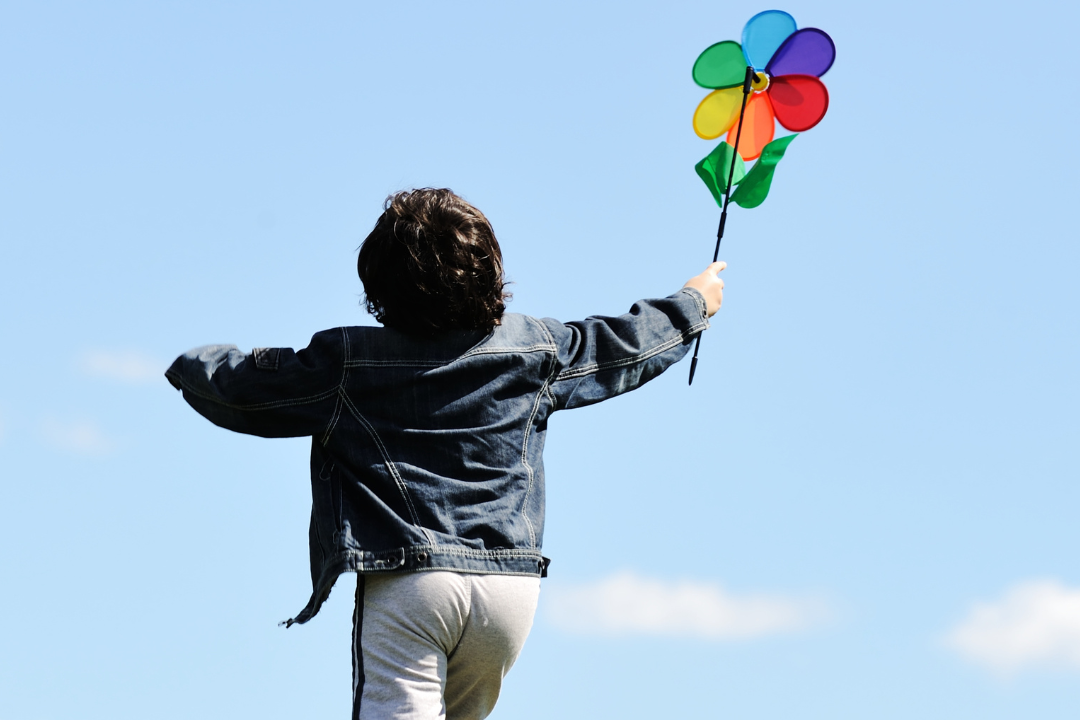Childhood is a crucial stage in a person’s life. It is a formative period that lays the foundation for our future selves. We often assume that children don’t fully grasp what’s happening around them because they are young. However, this is a misconception. Even at a young age, children can comprehend and understand their surroundings. The experiences faced as a child, from the nurturing or lack of nurturing environment provided by caregivers to the quality of relationships established, play a crucial role in shaping who we become.
Though we grow up, childhood experiences continue to influence us well into our adulthood and much later in our lives. We often underestimate how big of a role these can play. Think back to why someone behaved the way they did. Is it just because that is the way they are or rather because of the things they experienced as a child? Who we grow up to be can heavily depend upon the type of nurturing we received. Our upbringing holds clues to our strengths and weaknesses, influencing how we behave and connect with others.
The types of bonds we develop without caregivers as children are key to our ability to develop as adults, and that can even influence the wat we approach romantic relationships later on. Understanding this can radically change the wat we understand ourselves and our interactions with others. Every single one of us has been a child. The roots of our adults selves go right back to our first experiences.
We can often tell much about how our childhood impacts us as adults when we are faced with stressful events. When we are under more stress or pressure than we can manage, we return to a previous and younger version of ourselves. Under pressure we return to our own childhood, our past resonating with our present. The reason is that as a child we are not in charge, we are subject to forces beyond our control, to decisions others make that we have no part in but must submit to; so when, as an adult, we find ourselves under pressure and not feeling in charge, subject to forces beyond our control, to decisions others make that we have no part in, we return to childhood emotions. If, as a child, we were assured that superior forces – usually parents – had our best interests at heart, then as an adult we can be reassured. If, however, we felt frightened and abandoned in childhood, then as an adult under unmanageable stress we will be frightened and abandoned, or feel the retrospective anger that we couldn’t express as a child.
The way someone experiences an event tells us a great deal about that person’s developmental blueprint, their filtering process, and it is to this personal filtering that the person responds:
The origins of all personal filters are in childhood, when we are utterly dependent on others to meet our needs, when our experience with carers provides answers to the basic questions of existence. It is then that we make meaning, arriving at our answers to such fundamental questions as: Is the world a safe place? Can my needs be met? Can others be trusted? Am I allowed to express my feelings? Am I unconditionally loveable? If there are conditions on being loved, what must I do to be loved?
We often unconsciously still live our lives based on the answers we gave to these questions as a child. Our answers might have changes as adults, but we sometimes need to take time to consciously weave those in our present.
Every child learns an unwritten rulebook to earn their parents’ love and maintain connection. The connection to our caregivers, or also experienced as love from them, is literally a survival need. We are wired to maintain proximity and connection with our caregivers because this is how we survive as vulnerable children.This can lead us to unconsciously build rules and expectations on how the world function, even into adulthood. Ask yourself: what did I need to do in childhood to win my parents’ approval or what did I need to do to maintain connection with them?
Some of these “rules” were maybe quite obvious and explicitly expressed within your household. For example: you needed to excel at school to avoid their disappointment, you needed to be helpful at all times, you had to take care of your siblings.But other rules were learnt through observation and were never explicitly discussed. These are often around the themes of: Money equals worth, beauty or a certain body is the most important thing to achieve or you are responsible for your caregivers emotional state.
Sometimes these rules contradict themselves: be successful, but don’t surpass your sibling. Stay close to us, so I can push you away. Each family comes with unique rules, special customs, unspoken or spoken expectations and a definition of success that will often unconsciously guide our behaviour as adults.
The past lives in the present. In our adult lives we might still be feeling responsible for others’ emotional state, fear conflict with figures of authority, feel like we can’t share our success or feel uncomfortable with people who hold different beliefs that were deemed bad in your household. I often find that creating awareness of these rules, can shine some light on if they are still serving us in becoming who we actually want to be.
Our childhoods can impact on how we tend to be in relationships, in times of stress or change, or when faced with tricky decisions. If we don’t explore this we might think our automatic reactions, beliefs or behaviours are just who we are or is part of our personality. This takes away our agency and impacts our mindset regarding to change these behaviours and reactions.
Ultimately, to understand a bit more about what goes on in the landscape of childhood gives us a better chance of understanding who we are now, and hopefully a greater capacity to accept ourselves and a greater freedom to choose what to do with what we know. Our childhoods shape us, but so do our adulthoods, and so does our current capacity for understanding and for choice.
In counselling we can team up and create a safe space to explore how your childhood is influencing you today. This is at the core of my ‘authenticity counselling’ service. Together we explore how unconscious beliefs and automatic behaviours are contradicting your value systems and the person you would like to be. We find understanding as to why you hold certain beliefs or why you behave in certain ways based on your childhood experiences, and rather than shaming those part of ourselves we find compassion and understanding. Eventually we can gently look at what you’d like to change and what tools or decision you’d need to make to facilitate that change for yourself.
The Author: Juliette Ramotsehoa (Specialist Wellness Counsellor)

More about Juliette Ramotsehoa: https://www.vitanova.co.za/meet-the-team/juliette-ramotsehoa-specialist-wellness-counsellor/
To schedule a session with the author or any of our counsellors at Vita Nova, please contact us on 0712979992, or go to www.vitanova.co.za. We offer a range of counselling services and have interns that can provide you with assistance for free if you are not in a position to afford therapy.
For 24 hr assistance on mental health matters contact SADAG on 0800 567 567
Help is always available.


